
The world of business travel has already changed significantly over the past 30 years. While timetables and lengthy booking processes involving paper tickets were still predominant in 1989, nowadays bus, train, and plane schedules are available by smartphone anytime, with the option to book right away. But there are new, even brighter prospects on the horizon. Here’s our look at the business travel of tomorrow:
1. Booking processes get even simpler: As digitization advances, the booking process becomes significantly simpler. Means of transportation that can be booked without a specific seat reservation (such as metro trains or long-distance trains in Germany) no longer require advance booking. When a traveler enters the metro, the start and end of the trip are logged automatically. This is already a reality using a smartphone or card in many cities, and in the future, not even that will be needed anymore. Means of transportation that have specific assigned seats (such as airplanes) will continue to be booked in advance through approval. In the process, the best route for the traveler’s needs will be displayed as a suggestion. The subsequent boarding will take place entirely without a ticket or boarding pass. The booking party’s information is collected centrally and automatically checked through passport control and facial recognition. The same is true of hotel bookings.
|
2. Payments are processed automatically in the background: Across all means of transportation and the various booking options, payments are processed entirely in the background. Travelers can call up the information again via projection into the eye. Artificial intelligence has already made most booking errors a thing of the past. Invoice data are stored centrally at the company and are ready to use for accounting purposes right away. Interfaces with payment accounts, tax documents, and corporate accounting ensure that the booking is automatically taken into account in all the relevant processes.
|
|
3. Means of transportation get connected: There are no longer any different booking platforms for travelers to use. Artificial intelligence determines the best way to get from point A to point B, the best connections between different means of transportation such as metro, train, plane, and self-driving car share, and the best place to stay the night. Airports and train stations will come to serve even more as central nodes and transfer points, including for other means of transportation. Computers will manage passenger streams via smart processes. Long lines are history. Passengers can get guidance right away by means of projection into the eye.
|
4. Green transportation is global: Getting from one place to another is increasingly sustainable, taking place largely without fossil fuels. Electric drives using power from renewable sources, energy generated from hydrogen, and synthetic fuels have long since become widespread. Thanks to the development of a low-cost method, it has even become possible to operate planes on a nearly carbon-neutral basis just recently.
|
|
5. New means of transportation supplement existing ones: Automated driving has been a reality for several years. Together with the Internet of Things, this means there is much less traffic and fewer accidents. Flying taxis exist in a number of megacities, making individual transportation possible with little space needed. Beyond that, the Hyperloop, a transportation system using vacuum tubes, connects various metropolitan areas. Since the costs of construction and maintenance are very high, though, it is limited to a few routes, chiefly in Asia. In China, the system supplements the further developed Transrapid.
| 6. Infrastructure costs remain high, with the main limiting factors being space and money. Flying taxis make it possible to move around in cities, especially, at different heights. There are also increasingly underground options, such as Hyperloop tubes under the ocean. Still, space and infrastructure remain limiting factors. After all, new technical possibilities have to make economic sense as well. History has shown that what is technically feasible isn’t necessarily what prevails in the long term. The Concorde supersonic plane is an example of this, as is the Transrapid in Germany. |
|
7. Overall political conditions stand in the way of greater progress: Even as people grow more connected and globalization proceeds, national tendencies still exist. Visa conditions and interventions in the free market, such as customs duties and subsidies for local manufacturers, make borderless mobility more difficult. In the case of bookings and payments, regulations also ensure high security, but user friendliness sometimes suffers as a result.

Article Slideshow
Money, money, money: AirPlus is just 30 years old, but the idea behind it has been on people’s minds for millennia. A search for clues throughout human history.
Click here to join the search
Article Video
In 1989, a handful of Lufthansa are working on a new business travel payment solution – AirPlus is born.
Click here to travel back in time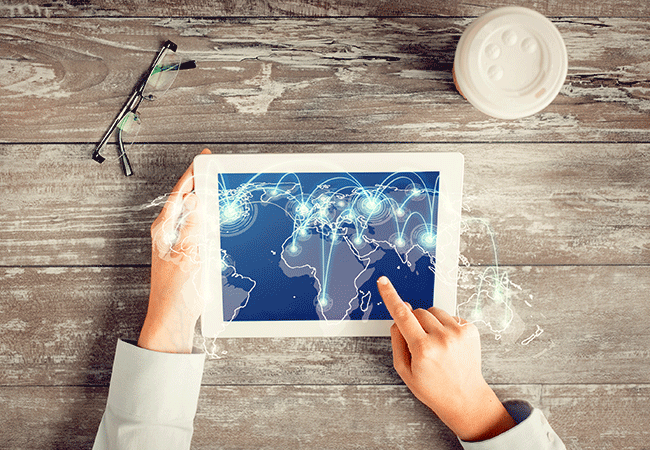
Article
Our company becomes number one in Germany. In 1996 we take the plunge and become international – with success.
Join our worldtrip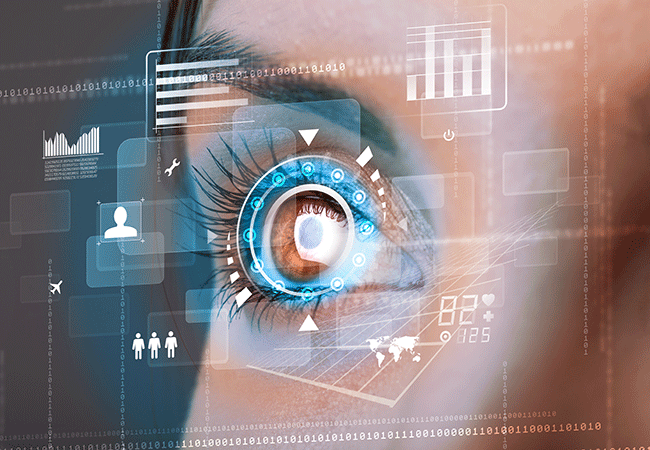
Article
30 years of bright ideas have set AirPlus on the path to success.
Read the story here!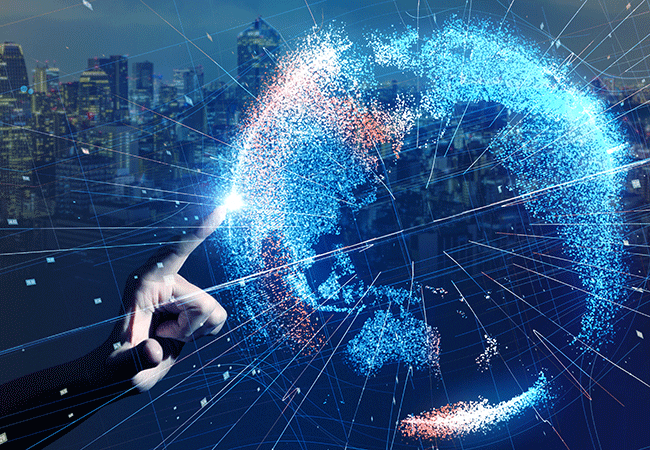
Article Video
Even in times of digital change, we will remain a driving force.
The future begins today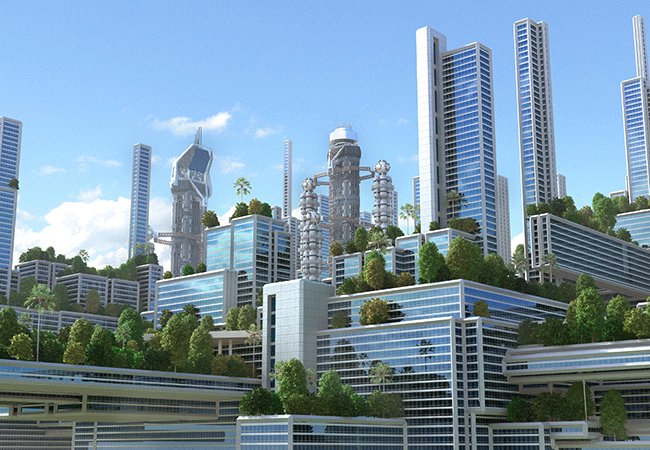
Article Video
Incredibly different: The travel of the future will be more interconnected, simpler, and more of a matter of course. The already rapid development seen in recent years was just the beginning.
Here's to the world of tomorrow
Article
Our company is no more or less than the collective efforts of its employees. That’s why we support their health and comfort, ensure their security and work-life balance, and set ourselves the constant goal of being a responsible, sustainable company they can be proud of.
Work with us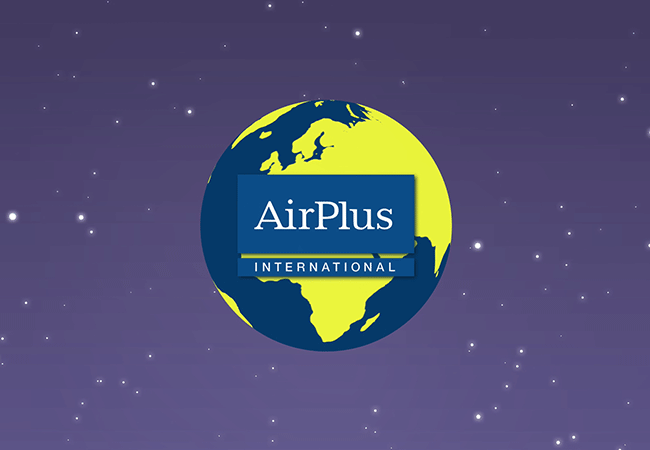
Video
In 30 years of company history AirPlus has reached numerous milestones. The video shows them all in less than three minutes.
Discover now